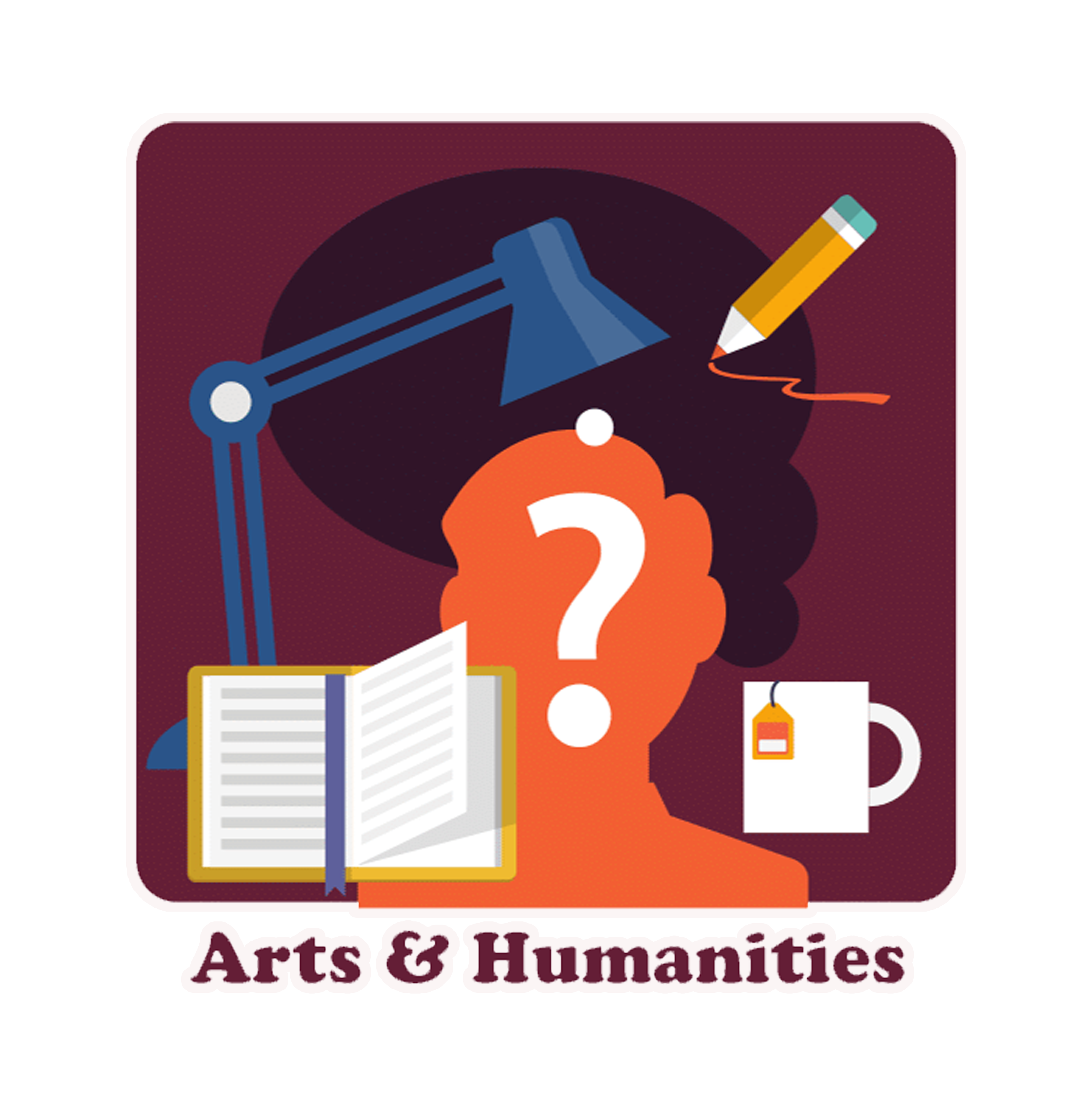School Of Communication hosts a live seminar on post-colonialism, youth agency and creative writing
Posted on June 27, 2025 in Events
[Nairobi Campus, Friday 27th June, 2025] On Thursday 26th June 2025, Prof. Nduka Otiono, a Nigerian Canadian creative writer led a live seminar on post-colonialism, youth agency and creative writing for Communication students taking Audio Production course at the Nairobi Campus.

Soc Students and Faculty flanking Prof. Otiono after the seminar.jpg
By Leeroy Wuone
[Nairobi Campus, Friday 27th June, 2025] On Thursday 26th June 2025, Prof. Nduka Otiono, a Nigerian Canadian creative writer led a live seminar on post-colonialism, youth agency and creative writing for Communication students taking Audio Production course at the Nairobi Campus.
The event was hosted by the Associate Dean for the School of Communication Dr. Lydia Radoli, and Prof. Wandia Njoya, an Associate Professor in the Department of Language and Performing Arts. The two hour seminar attracted Communication students enthusiastic about forms of storytelling and narratives that make interpretations of current realities such as the happenings around the recent GenZ demonstrations.
Born in Kano Nigeria, Prof. Otiono is currently the Director of the Institute of African Studies at Carleton University in Ottawa, Canada. He was introduced to the School of Communication leadership by Ms. Wairimu Gitau, an Adjunct lecturer in the School, and an Alumnus of Carleton University.
Prof. Otiono is a former journalist and held the position of National Secretary of the Association of Nigerian Authors (2001-2005). He has also authored and co-edited 12 books of creative writing and academic research. In 2022, he made it to the final list of Archibald Lampman Prize for poetry for his anthropology DisPlace, while in 2023 he was one of the winners of FASS Research Excellence Awards.
In conceptualizing his insightful seminar, Prof. Otiono said that oral history constitutes unofficial narratives and the stories that the streets tell us, while news is history in a hurry. He further opined that our philosophical articulation of ideas is also beyond street protests, thus creating a need to articulate a long term vision post a protest revolution period as exemplified in Kenya, hence re-writing the common African narrative. Prof. Otiono gave an example of his country Nigeria, which failed to articulate a long-term vision even after the military dictatorship rule of the late General Sani Abacha which ended up creating a leadership vacuum.
Sani Abacha was an ex-military dictator who ruled Nigeria with an iron fist. In 1995, he came under worldwide scrutiny for the death of the Ogoni 9. These were environmentalists who protested against the activity of the Nigerian military government and the Shell oil company in the Ogoni region Niger Delta, Nigeria. Among them was Ken Saro-Wiwa, a writer, poet, Nobel Prize nominee and environmental activist who led the other eight activists who were also executed on 10th November 1995.
Prof. Otiono emphasized that history repeats itself and that such activists will still be born in the future. A good example is Ibrahim Traore, the young 37-year old President of Burkina Faso who ousted his colleague, Paul-Henri Sandaogo Damiba, weakening the control of his country Burkina Faso from the shackles of France, their former colonizer. Traore has also been known for his role in establishing the Alliance of Sahel States (ASS).
Prof. Otiono also stated that political accountability forces human beings of any particular post colonial Africa to change. Despite this, he advised communication students to know how to use words especially amidst the ongoing GenZs’ protests. Prof Otiono advised communication students to later research on African political-youthquake, translating to a cultural and social phenomenon where young people drive significant changes in society often challenging traditional norms and beliefs.
The soft-spoken Nigerian Professor reminded us of past popular hashtags in our African continent such as #FeesMustFall, a popular hashtag in South Africa and #EndSARS in Nigeria, linking them to the African youthquake takeover.
Professor Otiono reiterated that news is history in a hurry, writing is about re-writing a particular narrative and to be a professional writer one has to keep writing. “There is no perfect way of writing but to keep perfecting your writing,” he said as he remembered his first articles that he wrote to the editors of a Nigerian newspaper, immediately he had finished high school waiting to join university. The progress he has made still impresses him.
Writing is a form of therapy, a compelling drive to remain sane, likening it to venting out your need. Professor Otiono is proof that each communication student in Daystar University can process their words on paper and express their views to help our Kenyan and African society. Prof. Otiono will be speaking at the upcoming 4th Annual Conference of Daystar University to be hosted by the School of Communication from August 13 – 15, 2025.
~The writer , Leeroy Wuone, is a Daystar University 4th Year student taking a BA in Communication (Electronic Media), and a Minor in International Relations.

